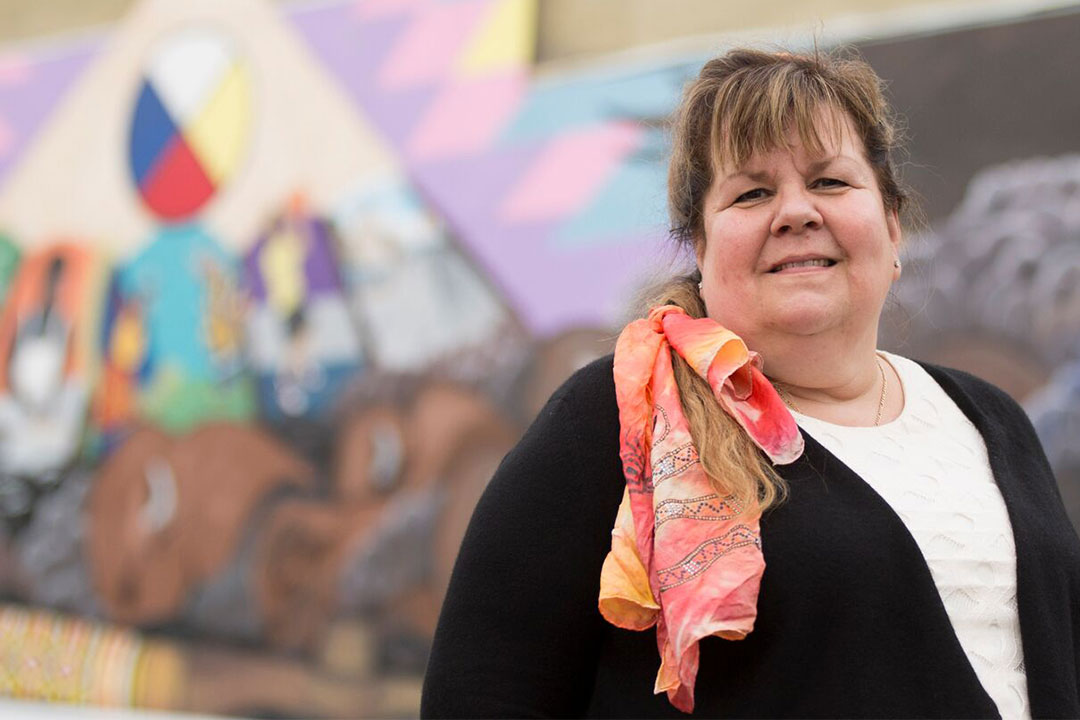
New Cameco chair to improve Indigenous health outcomes
The University of Saskatchewan has appointed its first research chair in Indigenous health.
By Kate BlauAs the inaugural Cameco Chair in Indigenous Health, Dr. Alexandra King is set to lead work to improve Indigenous health care in Saskatchewan. Cameco led the way with a forward-looking donation of $1.5 million in 2006 that was instrumental in creating the chair.
Those funds are part of a $3-million endowment established for the chair by the Royal University Hospital Foundation through its Royal Care Campaign. King, an internal medicine specialist, will be based at the College of Medicine for a five-year term beginning October 16, 2017.
A respected medical researcher, physician and teacher, King will work with Indigenous communities and all relevant stakeholders to understand the health and wellness needs of Indigenous peoples and the structural changes that may be needed for improved health outcomes. As well, she will lead work to enhance Indigenous health education; advocate for improvements and funding; ensure sustainability of effective services and supports; and facilitate the sharing and use of knowledge and resources to support improved Indigenous health and wellness.
King will bring leadership skills in culturally responsive research and care, reconciliation, Two-eyed Seeing (understanding the integration of Indigenous and Western worldviews or forms of knowledge) and ethical space—which needs to be created when peoples with disparate worldviews are poised to engage each other. Ultimately, the goal of the chair is measurably improved health outcomes in Indigenous populations in Saskatchewan and the North.
King is from the Nipissing First Nation in Ontario. A specialist in internal medicine focusing on HIV and hepatitis C, she works with patients in a culturally safe way to help them heal from these acute and chronic conditions. She also teaches Indigenous health and has mentored former and current students at both the undergraduate and graduate levels at Simon Fraser University, focusing on wellness intervention research with Indigenous people in the areas of land-based healing, health determinants, mental health and addictions, blood-born and sexually transmitted infections, and justice health. King serves on many local and national initiatives, including the Canadian Institutes of Health Research Strategy for Patient-oriented Research (SPOR) Patient Engagement and Ethics Working Group, the Canadian Institutes of Health Research HIV/AIDS Community-Based Research Steering Committee, and the Canadian Network on Hepatitis C (CanHepC).

